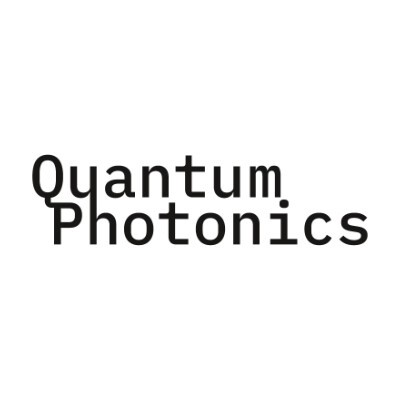Quantum communication: The future of secure data transmission
Quantum communication uses the principles of quantum physics for absolutely secure data transmission. It is considered a future-proof answer to growing cyber threats—tapping-proof, unbreakable, and ready for the quantum age.
In an increasingly digitalized world, where billions of data pieces are transmitted daily, the demand for absolute security in communication is also growing. Traditional encryption is based on mathematical algorithms, whose security is being called into question with increasing computing power—especially with quantum computers. This is precisely where quantum communication comes in: It uses the principles of quantum physics to transmit data in a previously unattainable manner.
The fundamentals of quantum communication
Quantum communication is based on two central physical concepts: superposition and entanglement.
- Superposition describes the state in which a quantum system—for example, a photon—can occupy multiple states simultaneously.
- Entanglement means that two particles are connected in such a way that the state of one particle directly influences the state of the other—even over large distances.
These properties enable forms of communication that cannot be realized using classical means.
Quantum Cryptography: Absolute security through physics
The best-known application of quantum communication is quantum cryptography, particularly quantum key distribution (QKD). This involves transmitting a cryptographic key using quantum states. A prominent protocol is BB84, developed in 1984.
What's special about QKD is that any attempt to eavesdrop inevitably changes the quantum state and can therefore be detected immediately. Unlike classical systems, which rely on computing power and algorithmic complexity, quantum physics itself guarantees security.
Advantages of quantum communication
The advantages are obvious:
- Eavesdropping security: any attempt to intercept the communication is immediately detected.
- Unbreakable key distribution: The uniqueness of the quantum keys makes tapping or copying impossible.
- Future-proof: Even powerful quantum computers cannot circumvent this type of encryption.

Technological challenges
Despite promising approaches, quantum communication still faces several hurdles:
- Range: Quantum information cannot be easily transmitted over arbitrarily large distances. Losses in fiber optic cables and the lack of suitable quantum repeaters limit the range.
- Decoherence: Quantum states are extremely sensitive to external influences and can be easily destroyed.
- Cost: The technology is currently still expensive and complex to implement.
Quantum internet: Vision or soon reality?
A long-term research goal is the so-called quantum internet. This is a network based on quantum states that uses entanglement to securely transmit information over long distances. Such a network would not only be secure but also capable of connecting quantum systems worldwide – with potential applications in medicine, science, and finance.

Applications beyond security
Quantum communication also offers exciting prospects beyond cryptography:
- Quantum sensing: High-precision measurements based on quantum mechanical effects.
- Telemedicine: Encrypted transmission of sensitive patient data.
- Scientific collaboration: Real-time data exchange between globally networked research institutions.
Challenges for widespread implementation
Several aspects still need to be considered for the widespread use of quantum communication:
- Infrastructure: New hardware, special fiber optic networks, and satellite solutions are required.
- Standardization: Uniform protocols and interfaces are required.
- Education and skilled workers: Building the necessary expertise is crucial.
Future prospects
Although quantum communication is still in its infancy, developments are rapid. With increasing demand for cybersecurity and parallel progress in quantum computers, the need for quantum-secure communication will continue to grow. Governments and companies that invest early will secure a decisive competitive advantage.
Conclusion: The new era of communication is beginning
Quantum communication represents a paradigm shift in the world of data transmission. While conventional systems are reaching their limits, it offers a solution based on the fundamental laws of nature. We are still at the beginning of this development – but the foundations for a new, secure, and connected future have already been laid.


